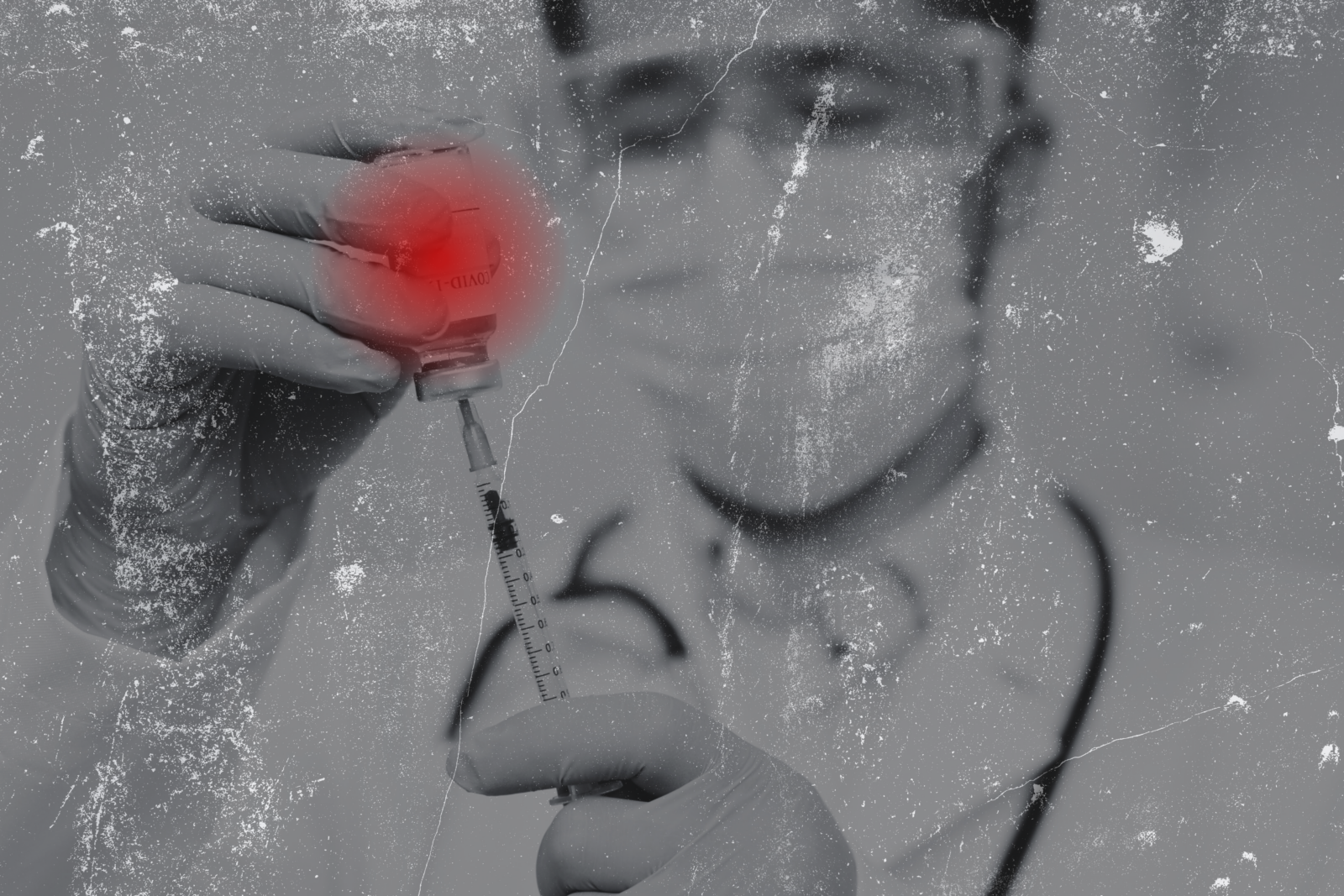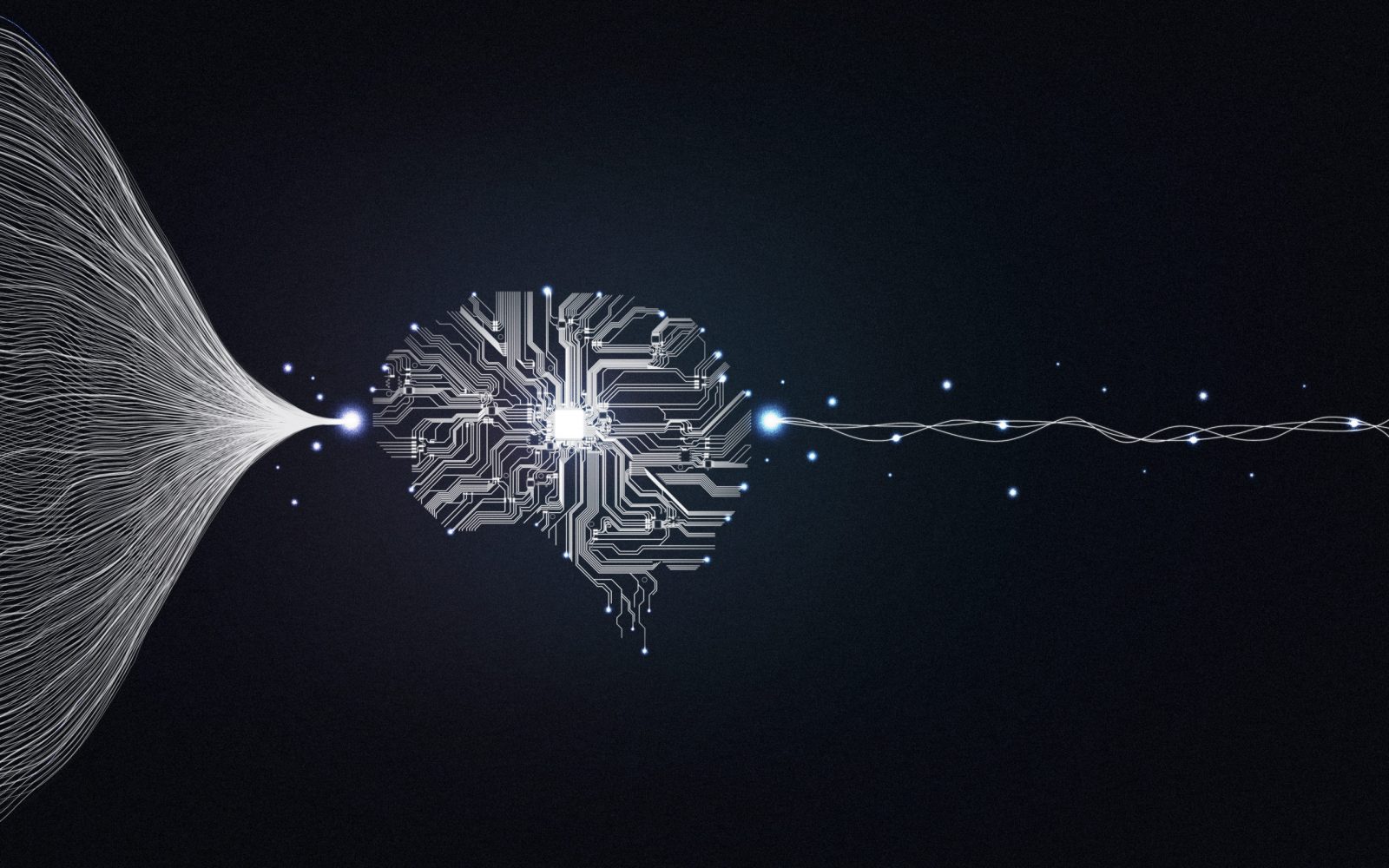


Science and Faith: Stephen Meyer on the Marc Bernier Show
On today’s ID the Future, listen to host Marc Bernier ask Stephen Meyer perceptive and wide-ranging questions about everything from the possibility of extraterrestrials, to the role of intelligent design in medicine and education, to meaning and the reliability of the mind. The discussion also turns to Meyer’s bestselling new book, Return of the God Hypothesis, and the reconciliation of science and faith. At one point Bernier asks Meyer about the statement, “The heart cannot exalt what the mind rejects,” and in reply Meyer talks about his personal experience grappling with the relationship between science and faith, and tells about a warning he used to give college students in a class he taught. This interview originally appeared on The Marc Bernier Show and is reposted here with permission.

John Lennox on What (Not) to Expect of AI in 2084
On this episode of ID the Future, host Robert Marks interviews Oxford University mathematician John Lennox on Lennox’s new book 2084: Artificial Intelligence and the Future of Humanity. It’s a wide-ranging discussion about AI’s advantages already being realized, in medicine, for example; AI’s supposed potential to achieve human-like consciousness; ethical issues that AI programmers will have to grapple with; effects that AI will have on the economy and individual workers; and the risks associated with living in an AI world where every movement is tracked. A key question as we move toward this future, says Lennox, is what does it mean to be human?

Euthanasia, Physician Assisted Suicide and the Corruption of Medicine
On this episode of ID: The Future, neurosurgeon Michael Egnor talks about how enlisting doctors to perform assisted suicide is a betrayal of longstanding medical ethics. He describes it as an attempt to hijack the respectability of doctors to make the practice seem acceptable.

Our Irreducibly Complex Calcium Control System
On this episode of ID: The Future, Dr. Ray Bohlin interviews Dr. Howard Glicksman about the irreducible complexity of the human calcium control system. Glicksman is a medical doctor and author of an extended series of posts at Evolution News & Science Today called The Designed Body